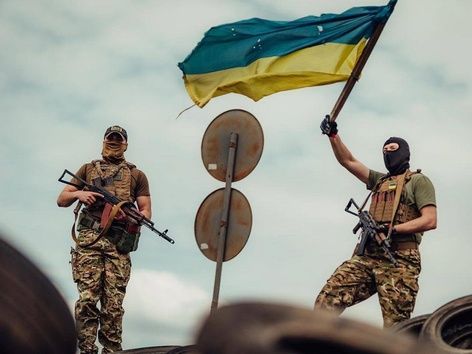Lawyer
Ensuring the rights and freedoms of national minorities during martial law
Martial law is an emergency legal regime that is imposed in the face of a serious threat to national security. In such circumstances, it is especially important to ensure the rights and freedoms of national minorities, who may be vulnerable to restrictions and discrimination. In this article, we will consider the legal mechanisms for the protection of the rights of national minorities during martial law, focusing on the consultation of a lawyer, analysis of documents, a legal opinion and a legal opinion of a lawyer.
Consultation of a lawyer
Consulting a lawyer is the first step for national minorities in securing their rights during martial law. Lawyers provide the necessary clarifications regarding legislative norms and rules that protect the rights of national minorities, and also help in cases of violation of these rights. The main issues with which national minorities can turn to lawyers include:
- Legal guarantees for the protection of the rights of national minorities during martial law.
- Protection mechanisms against discrimination and rights violations.
- Procedures for applying to state bodies and international organizations.
- Protection of cultural, linguistic and religious rights.
A lawyer's consultation helps national minorities to understand their rights and the mechanisms of their protection under martial law.
Analysis of documents
Document analysis is an important stage in ensuring the rights of national minorities during martial law. Lawyers check legislative acts, government decrees and other regulatory documents for compliance with international standards of human rights and the rights of national minorities. This includes:
- Verification of legislative acts on ensuring the rights of national minorities.
- Analysis of orders and regulations affecting the rights of national minorities.
- Evaluation of documents related to the protection of cultural, linguistic and religious rights.
- Review of decisions that may limit the rights of national minorities.
Competent analysis of documents ensures compliance with legislation and protection of the rights of national minorities in emergency conditions.
Legal opinion
The legal opinion is an important tool for assessing the legality of the actions of state bodies in relation to national minorities during martial law. It is a detailed analysis of a specific legal situation from the point of view of legislation and international law, which helps to determine the legality of actions and provides recommendations for further steps. The legal opinion includes:
- Description of the actual circumstances of the case.
- Analysis of relevant legal norms, including national and international law.
- Conclusions regarding the legality of actions or inaction of state bodies.
- Recommendations for further actions, including the possibility of appealing decisions.
The legal opinion helps national minorities to protect their rights and interests in case of violation of their rights.
Legal opinion of the lawyer
The lawyer's legal opinion is important for the protection of the rights of national minorities during martial law. Lawyers provide independent legal assessments, help avoid conflicts and ensure the protection of human rights. The lawyer's legal opinion includes:
- Analysis of the legal situation taking into account the specifics of the state of war.
- Assessment of risks and possible consequences of legal actions.
- Conclusions regarding the legality and reasonableness of certain actions or decisions.
- Recommendations on legal measures to protect the rights and interests of national minorities.
Lawyers can also represent the interests of national minorities in court proceedings and before state authorities, which is important for ensuring justice and respect for human rights.
Conclusion
Ensuring the rights and freedoms of national minorities during martial law requires special attention and support from the state and human rights organizations. Legal advice, document analysis, legal opinions and legal opinions of a lawyer are key elements of legal protection. These mechanisms help national minorities to protect their rights, ensure compliance with the law and promote the preservation of cultural, linguistic and religious identity even in the most difficult circumstances.

































